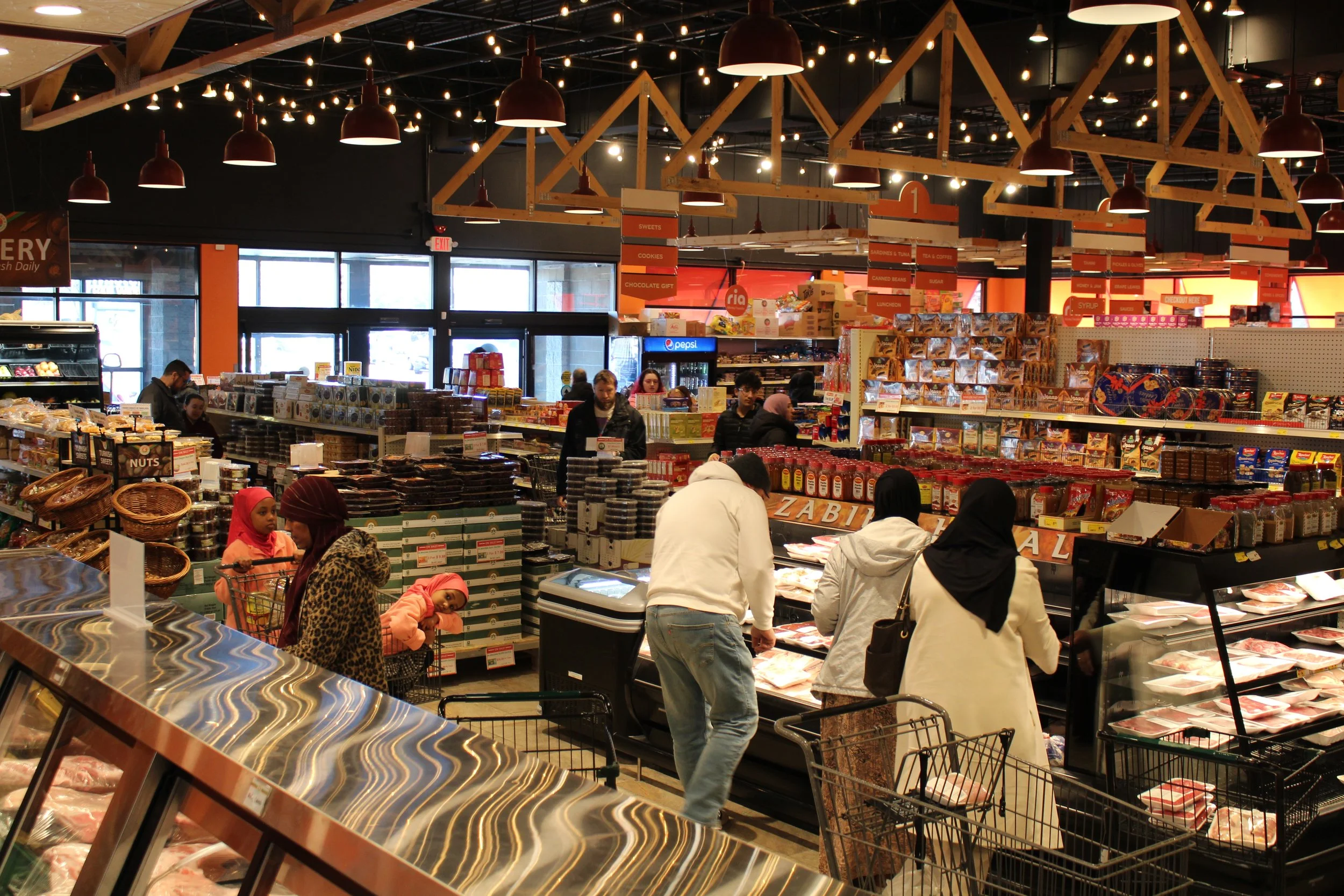
What Does Halal Mean?
“Halal” is an Arabic word that means “permissible” or “lawful.” In the context of food, it refers to what is allowed for Muslims to eat and drink according to Islamic law (Sharia). Halal is more than just a dietary guideline—it is a way of life that reflects faith, ethics, and cleanliness.
The Basics of Halal Food
For a food product to be considered halal, it must meet several conditions:
No Pork: Pork and anything derived from pigs is strictly forbidden.
No Alcohol: Alcoholic drinks or ingredients are not allowed in any form.
Ethical Slaughter: Meat must come from an animal slaughtered humanely, with the name of God (Allah) mentioned at the time of slaughter.
No Blood: Consuming blood or blood by-products is prohibited.
Dead meat: No consumption of animals that have died naturally, from an accident, or any other cause without proper ritual slaughter.
Wild Animals: Carnivorous animals and birds of prey are forbidden for consumption.
Reptiles and Insects: The Majority of reptiles and insects are forbidden, with exceptions like locusts.
Cross-Contamination: Halal food must not be contaminated by non-halal substances during preparation or serving.
How Is Halal Meat Prepared?
The halal method of slaughter is called Dhabihah (Zabiha). It involves a swift, deep cut to the throat using a sharp knife. The person performing the slaughter must be a sane adult Muslim who recites the phrase “Bismillah, Allahu Akbar” (In the name of God, God is the Greatest) before the cut. This process is meant to minimize pain and show respect for the animal’s life.
Other than farm animals, Muslims are allowed to consume any kind of fish or marine animals.
Halal Beyond Meat
Halal doesn’t just apply to meat. It includes:
Ingredients: Gelatin, enzymes, flavorings, or additives must come from halal and ethical sources.
Prepared Foods: Meals must be cooked, served, and stored without mixing with non-halal foods.
Personal Care: Some Muslims also look for halal-certified cosmetics, vitamins, and hygiene products.
Why Halal Matters
For Muslims, eating halal is an act of worship. It reflects obedience to God’s commands, ensures cleanliness and ethical treatment of animals, and fosters mindfulness about what one consumes. Many non-Muslims also choose halal food for its high standards in cleanliness, safety, and humane animal care.
Halal Certification
Halal-certified products are verified by a recognized Islamic authority to meet halal standards. In the U.S., there are several certification agencies that inspect slaughterhouses, food processors, and manufacturers to ensure compliance.
Conclusion
Halal is more than just a label—it is a holistic approach to food, ethics, and spiritual mindfulness. Whether you're a Muslim seeking clarity or a curious consumer exploring dietary traditions, understanding halal can help promote respect, transparency, and healthier food choices for all.
